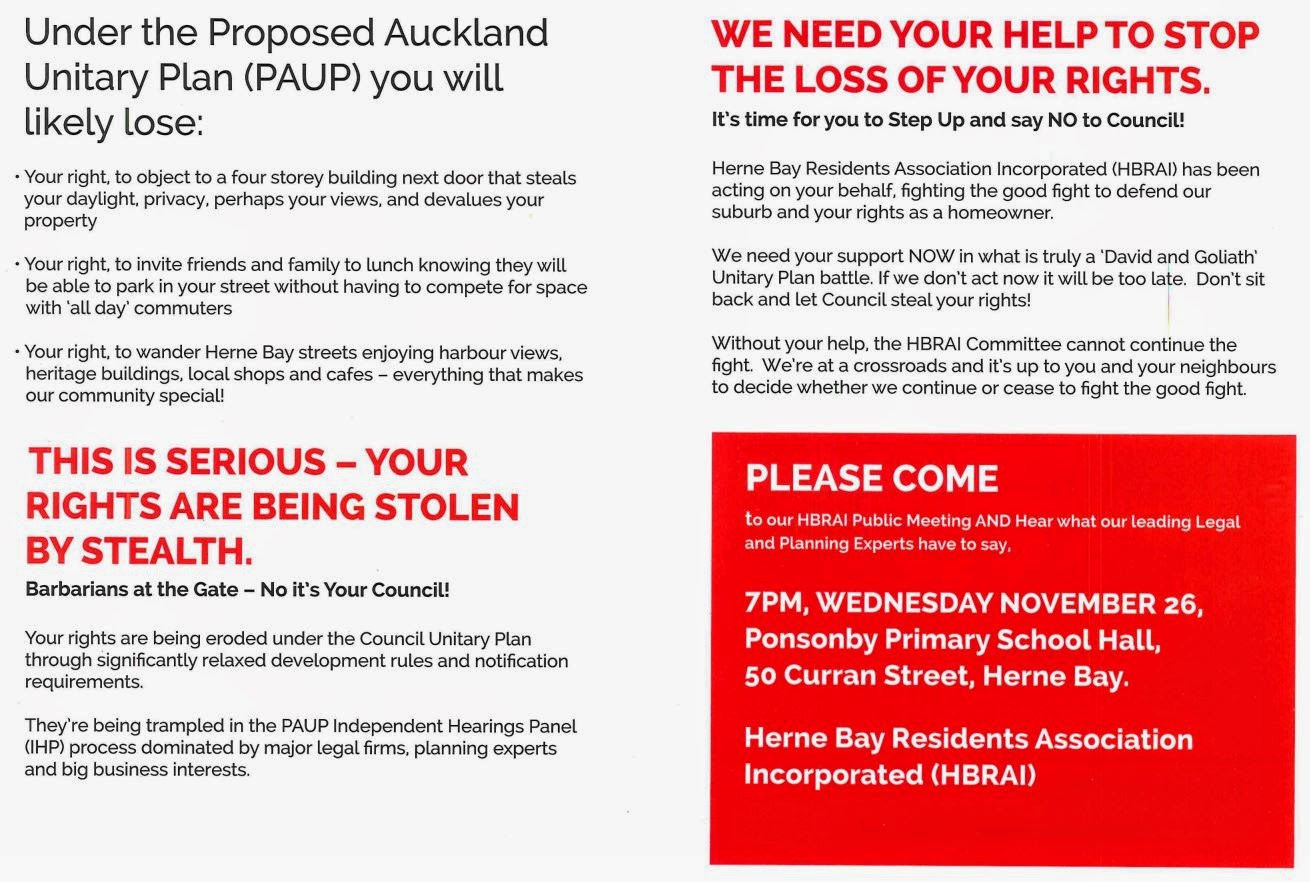Tough business. Rural population decline, and rural ageing, doesn't help; that likely explains tough times in Mariapolis. I'm told Notre Dame, though, is in better shape than it was 20 years ago. The smoking regs may have done some of it. I wonder if anybody's there looked at the data on local pub custom and the change in the drink driving limit from .08 to .05. We always had a designated driver, but the increment from .08 to .05 could be chilling. It's pretty testable: if it's the drink driving limit, you'd expect a differential effect on bars serving lower population density catchments with the change because required driving distance to get to the pub would be longer.When an opportunity arose to buy the Notre Dame Hotel, he liked the idea of being his own boss and took the plunge.Despite five banks turning down his request for a mortgage on the old hotel, which started out as a men-only beer parlour a century ago, Mondragon was energized. The beverage room is in the centre of town, and seemed to have decent traffic. It seats 50 but can hold 80. It also had a restaurant and beer vendor. The town has a population of about 600, with another 400 on its periphery.His first year, he reinvested $30,000 into upgrades including a new musical sound system.Mondragon threw street parties, costume parties, theme parties, formal gown parties where women wriggled into their old wedding gowns for a night, light'n' bright parties (neon spandex wear), pyjama parties, toga parties and brought in musical acts. The events were good but they should have supplemented his income, not been his life support.He hired an expert chef and expanded the restaurant hours, even offering 6:30 a.m. breakfast. He lost money every month but one. He finally closed the restaurant, something that's still a sore spot with people in town. The beverage room now doesn't open until 12:30 p.m. and he's had to cut staff and increase his own hours. After four years, he has yet to take a paycheque."You burn out. If you're working for nothing, you're motivation goes fast," he said....But is the rural beverage room worth saving?Gary Desrosiers drives a school bus but not for kids.Desrosiers has owned the Brunkild Bar and Grill on Highway 3, about half an hour southwest of Winnipeg, for 16 years. With all the changes to liquor laws -- from banning smoking to tougher drinking and driving laws -- he knows people are shying away from beverage rooms. After all, if you lose your driver's license, you can lose your ability to earn a living, especially in rural areas. And it's not as though people can call a taxi or take a bus to get home.Well, they can at the Brunkild Bar and Grill. Years ago, Desrosiers bought a bus and began transporting people to and from his bar. His bus service picks up people from Winnipeg to Carman, and all points in between. He then drops them off again at the end of the night.He's on his third bus. It holds 30 people but most times he carries from 15 to 20. The bus goes out once or twice a month to pick up some group or other. Sometimes it's University of Manitoba students from faculties like education or agriculture, such as when the aggies hold their "drink the town dry" events. He'll get a call from people who are bored at a house party, and bus the entire crew to his beverage room. Desrosiers only charges for fuel but that can run about $100 for his old gas guzzler built in 1979.While transporting patrons, he's also picked up stranded motorists. He once picked up a family -- parents and three children, including an infant -- on a lonely stretch of highway after 2 a.m., in bone-chilling cold, and brought them back to his beverage room.The bar as refuge? That's exactly what it is, said Desrosiers. Where do you want people drinking? he asks. He doesn't wait for an answer."The bar is the safest place. You have sober, experienced people to look after you. How many people are murdered in a bar versus murdered at a drinking party? I literally, under the law, have a duty of care."...Desrosiers acknowledged there isn't much sympathy among the general public for beverage room owners. But one of the effects of tightening government regulations on rural hotels is people have begun converting their garages into little private bars and having crowds over. The garages are insulated and furnished, and people can smoke and drink liquor at retail prices.
Our farm was seven miles south of Notre Dame on PTH 244. I spent a bit of time at that hotel.
HT: Mom.






